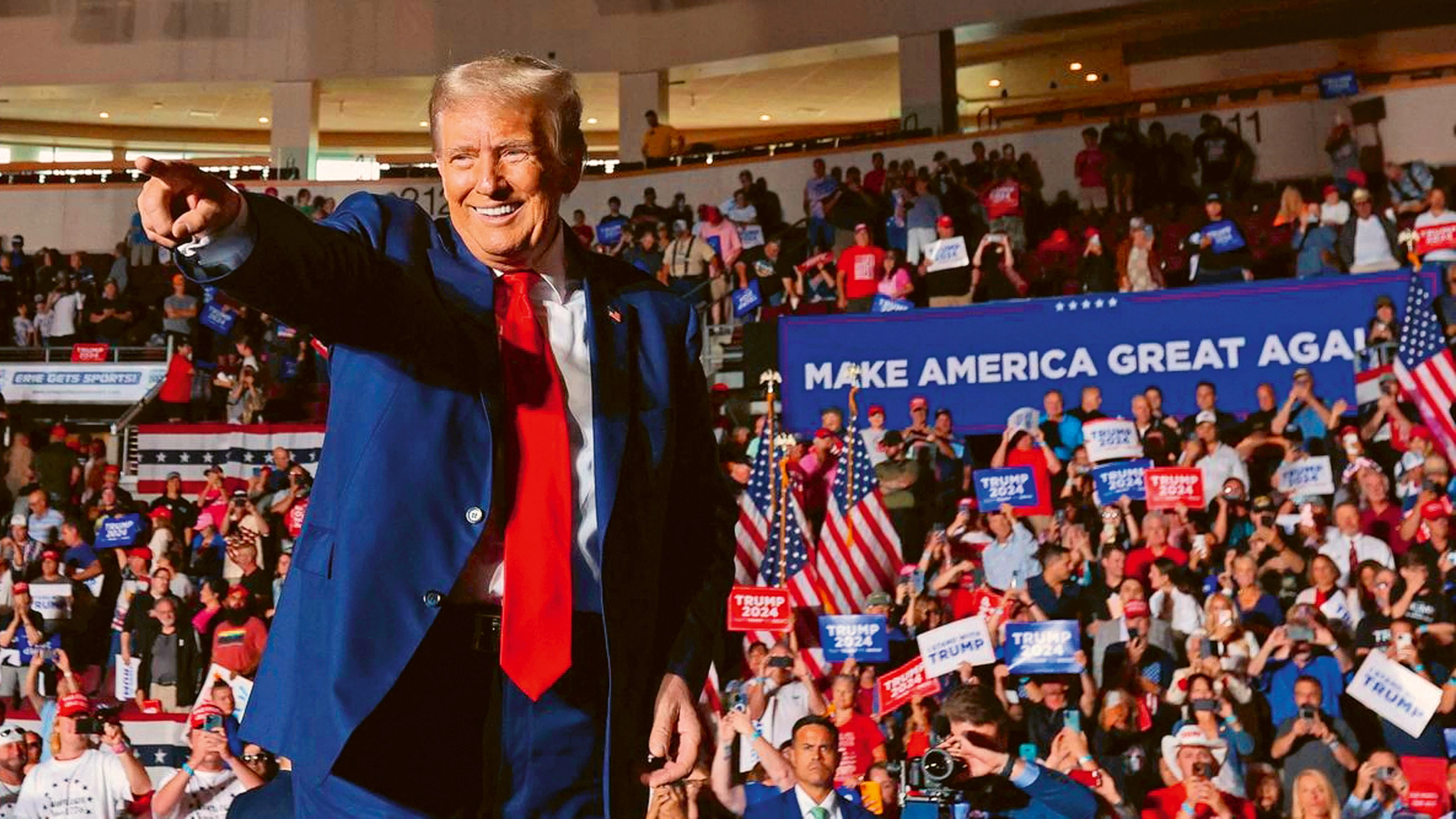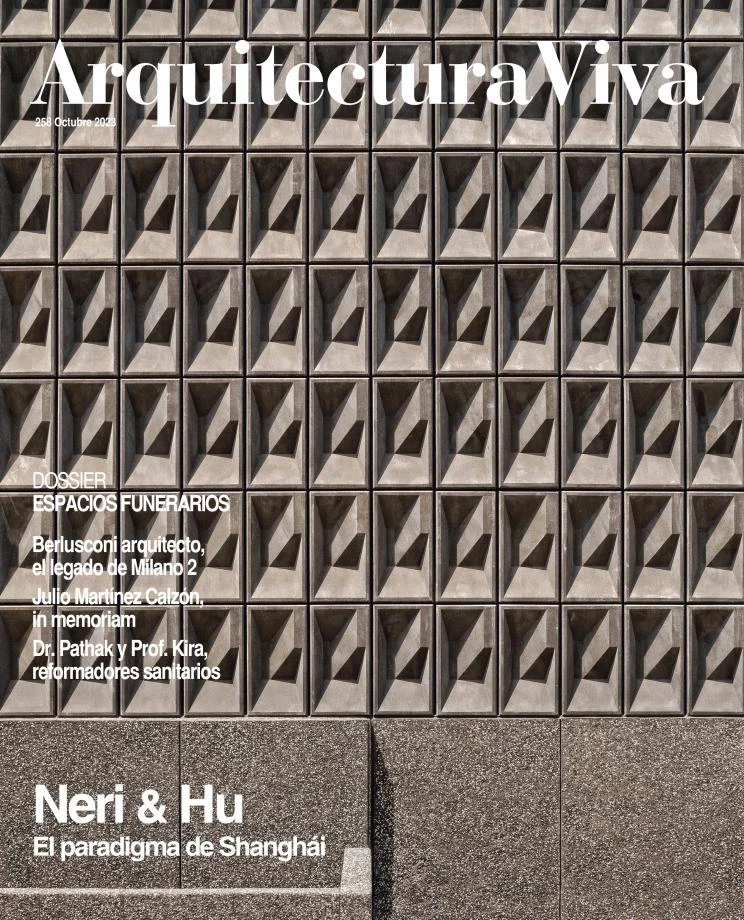
© Lindsay DeDario
Martin Wolf and Kohei Saito are antithetical figures: the veteran economics commentator of the Financial Times and the young philosophy professor at the University of Tokyo tackle the state of the world from opposite stances but coincide in detecting a systemic crisis, for which they prescribe different remedies. The septuagenarian British journalist, recipient of an honoris causa doctorate from the London School of Economics, recalls the anti-Semitic genocide that led his parents to London to justify his pessimism, which rests on a clear awareness of the fragility of civilization, and with The Crisis of Democratic Capitalism gives a vigorous warning about the dangers looming over democracy, now as threatened by authoritarian populism as by profit-focused capitalism. The Japanese philosopher in his 30s, who obtained his PhD from the Humboldt University of Berlin and is the author of bestsellers like Karl Marx’s Ecosocialism and the recent Capital in the Anthropocene, likewise sounds the alarm in the face of the deep existential crisis of a civilization whose economic activity destroys nature and pulls us towards environmental catastrophe.
Wolf worries about the rupture of the balance between the economic and the political, the individual and the collective, the national and the global, and about a disengagement between market economics and liberal democracy that has resulted in the system’s incapacity to provide populations with security and prosperity, giving rise to a loss of confidence in elites and to the rise – using Donald Trump as example – of what he calls ‘plutopopulism,’ the exploitation of populist themes for plutocratic ends. Relying on the eventual return of rational and informed debate among citizens, he proposes a reform of democratic capitalism that addresses the challenges of governing the globe and the planet’s environment, with the support of the double pillar of exemplary elites and the revival of the idea of civic purpose along the lines established in the manifesto that wraps up the volume, and which Arquitectura Viva published on the final page of issue 254. Opening with one of the maxims inscribed at the entrance to the Temple of Apollo in Delphi, ‘Nothing in excess,’ the book by the respected British analyst is a balanced, lucid synthesis of the need to reconcile capitalism and democracy, at a time when neither is going through its best moment.
In stark contrast, Saito approaches the crisis – though with stronger emphasis on climate and the environment – with an unexpected new reading of Karl Marx’s thought, where he finds ecological elements like the defense of “the metabolism that takes place between humans and nature,” which come from the MEGA (Marx-Engels-Gesamtausgabe) project, the publication of both authors’ complete works in over 100 volumes, with contributions by Saito and many other scholars throughout the world. These theses make the philosopher deem the ways of living of developed countries at odds with the task of curbing climate change, and preach a degrowth that has no chance to happen under capitalism, for which reason his alternative is ‘degrowth communism,’ in tune with the ideas of the geographer David Harvey and the historian Andreas Malm (whose Fossil Capital was reviewed in Arquitectura Viva 237). Defending concepts like common goods, reduced work hours, and a new appreciation for essential tasks, and inspired by cooperativist experiences like Mondragón and urban ones like Barcelona’s Climate Emergency Declaration, the book is written in the urgent prose of one who seeks to spur his readers to action.
For capital and against capital, the two volumes agree in their diagnosis of the crisis and in their call for a collective effort to prevent a future of degradation and barbarism.






